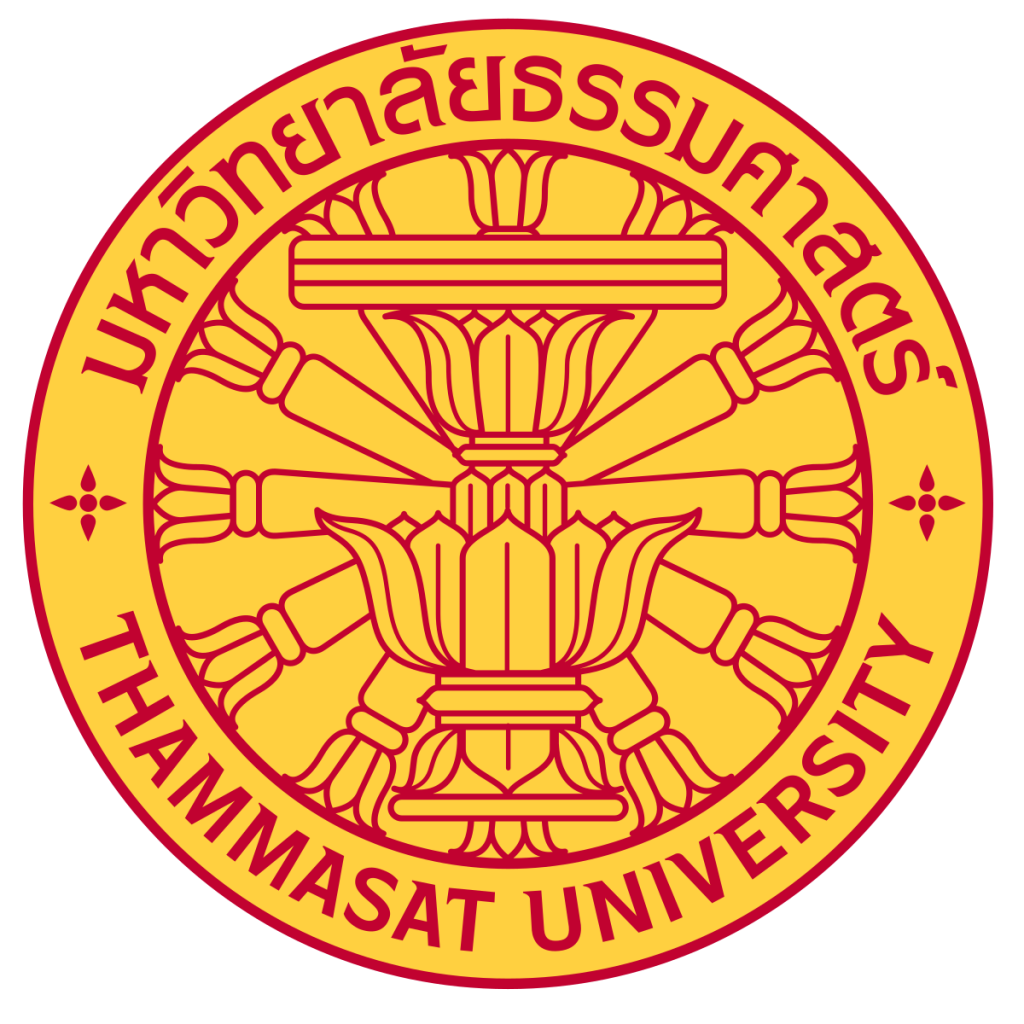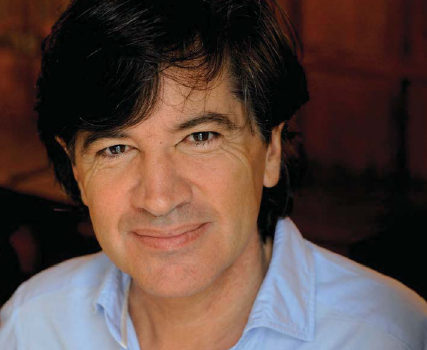
One of the most highly-cited journals in cardiology has retracted a paper less than a month after publishing it in response to criticism first posted on Twitter.
The article, “Short-term and long-term effects of a loading dose of atorvastatin before percutaneous coronary intervention on major adverse cardiovascular events in patients with acute coronary syndrome: a meta-analysis of 13 randomized controlled trials,” was published online January 3 in the European Heart Journal (EHJ). Its authors purported to analyze clinical trials of patients who were given a loading dose of atorvastatin, a cholesterol medication, before undergoing cardiac catheterization.
How closely the study authors adhered to their own methods came under question on January 8, when Ricky Turgeon, a cardiology pharmacist, posted a series of tweets in which he claimed some of the studies included in the analysis either did not test the drug in patients undergoing the procedure — referred to as PCI — or patients had not all been diagnosed with acute coronary syndrome, commonly known as a heart attack. With many of the trials included in the analysis not abiding by the predefined inclusion criteria, the study’s conclusions are unreliable, argued Turgeon. Continue reading Should journals credit eagle-eyed readers by name in retraction notices?






